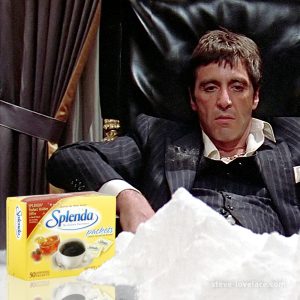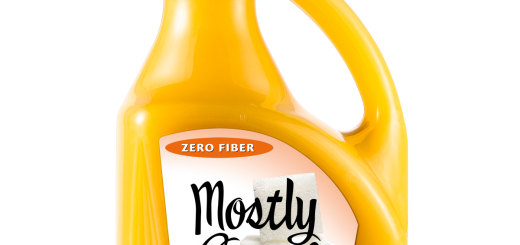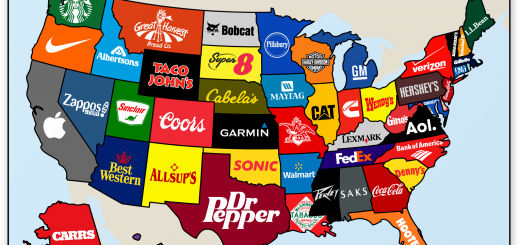Diet Soda and Artificial Sweeteners
 Confession time: as a little kid (maybe six or seven), I would steal packets of Equal from the kitchen and eat the aspartame inside. My mom would find the remains under the couch cushions. For as long as I can remember, I’ve always like artificial sweeteners. My favorite drink as a kid was Diet Pepsi. Even at a young age, I didn’t care for the sugared colas. I actually preferred the sugar free versions. When it came to dieting, I always figured I was in the clear with my Coke Zero. But recently I decided to give it up. While there seems to be no consensus on whether or not artificial sweeteners are harmful, there’s absolutely nothing showing that they’re beneficial. So I figure, better safe than sorry.
Confession time: as a little kid (maybe six or seven), I would steal packets of Equal from the kitchen and eat the aspartame inside. My mom would find the remains under the couch cushions. For as long as I can remember, I’ve always like artificial sweeteners. My favorite drink as a kid was Diet Pepsi. Even at a young age, I didn’t care for the sugared colas. I actually preferred the sugar free versions. When it came to dieting, I always figured I was in the clear with my Coke Zero. But recently I decided to give it up. While there seems to be no consensus on whether or not artificial sweeteners are harmful, there’s absolutely nothing showing that they’re beneficial. So I figure, better safe than sorry.
A Brief History of Artificial Sweeteners
The use of sugar substitutes dates back to Roman times. Defrutum was a reduction of grape juice cooked down into a concentrate. While it had sugar from the grapes, defrutum also picked up bits of lead from the kettles it was cooked in. Lead acetate is naturally sweet, so it made a good sweetener. Except that lead is poisonous, which the Romans did not know. This was perhaps not the best start to the story of artificial sweeteners.
As Bad As They Say?
Honestly, I still think that artificial sweeteners are over-demonized. Reading some of the stuff on the stuff on the Internet, you would think that every Splenda packet contains pure cyanide. If something I eat or drink contains a bit of sucralose, I’m not going to lose sleep over it. But I’d rather not eat/drink this stuff on a daily basis. In the end, I don’t know if sugar substitutes hurt, but they certainly don’t help.
What do you think about artificial sweeteners? Let me know in the comment section.








I read that artificial sweeteners (aspartame) cause cancer in lab rats during tests. I don’t know how true this is. I personally hate the taste of aspartame.